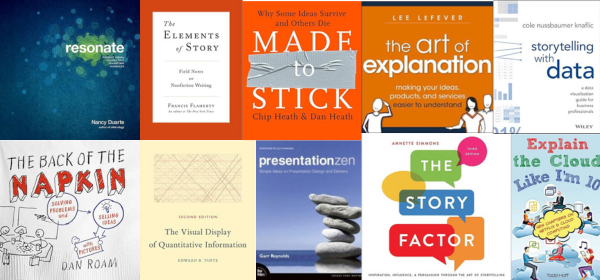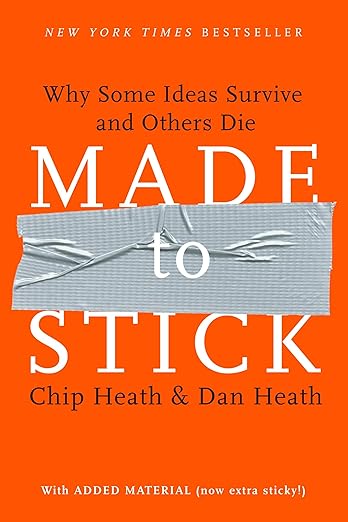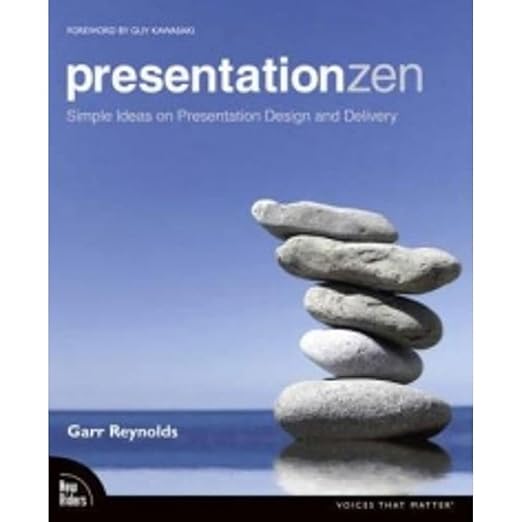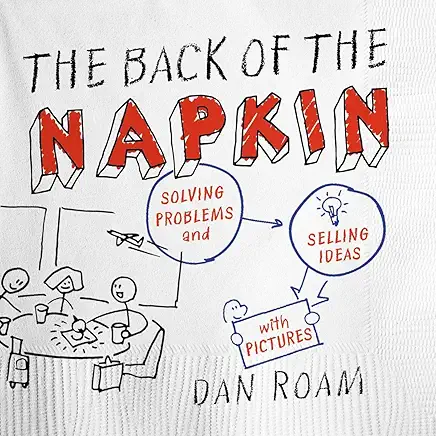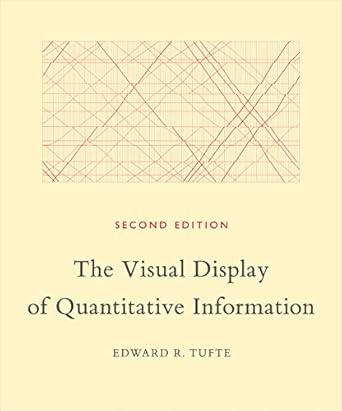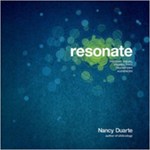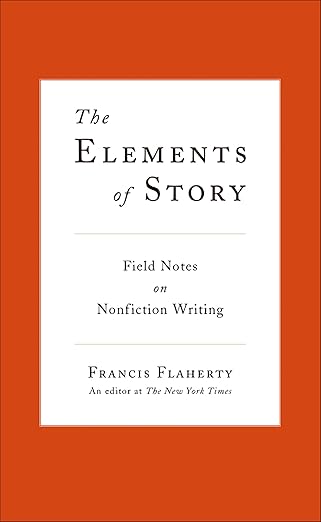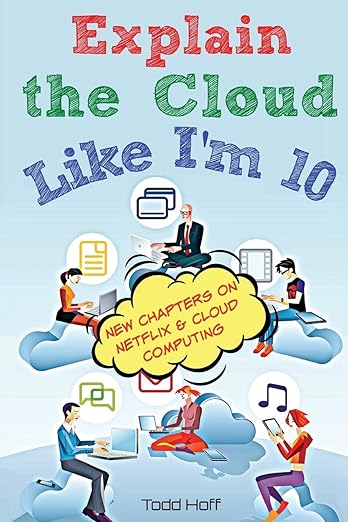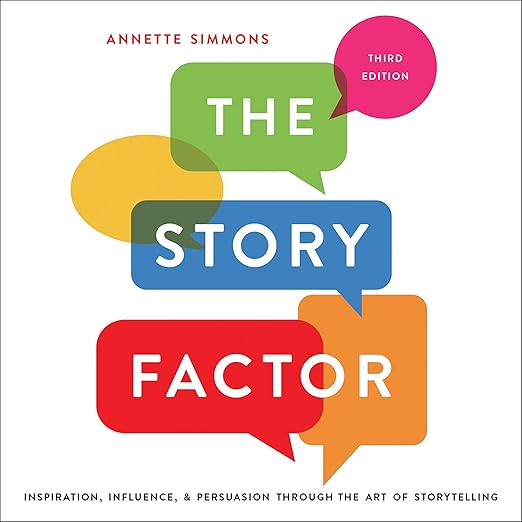Here are some recommended books that can help you learn how to engage and influence a non-technical audience on a highly technical subject. These books focus on communication, storytelling, and presentation skills that are essential for making complex topics more accessible:
1.”Making Numbers Count” by Chip Heath and Karla Starr
- Why It’s Useful: Helps you turn abstract numbers into meaningful, relatable, and memorable stories. It’s ideal for anyone who needs to communicate data in a way that resonates and drives action.
- Key Takeaway: How to frame numbers in relatable ways, translating large numbers into visuals or physical comparisons to simplify and engage, and how to tie data to stories or emotions for resonance.
2.”Made to Stick: Why Some Ideas Survive and Others Die” by Chip Heath and Dan Heath
- Why It’s Useful: This book explains why some ideas are memorable and others aren’t, offering practical techniques to make complex information stick with your audience. It focuses on simplicity, unexpectedness, concreteness, credibility, emotions, and storytelling—principles that can help you make technical content engaging.
- Key Takeaway: The ‘SUCCES’ framework helps you craft messages that are clear, relatable, and memorable, even when dealing with technical subjects.
3. “The Art of Explanation: Making Your Ideas, Products, and Services Easier to Understand” by Lee LeFever
- Why It’s Useful: Lee LeFever explains how to turn complex ideas into simple, clear explanations. The book provides a framework for simplifying technical topics without dumbing them down, making it easier to communicate with a non-technical audience.
- Key Takeaway: Simplifying doesn’t mean oversimplifying; it’s about finding the essence of your message and communicating it effectively.
4. “Presentation Zen: Simple Ideas on Presentation Design and Delivery” by Garr Reynolds
- Why It’s Useful: This book teaches you how to create impactful, visually engaging presentations. It focuses on simplicity, clarity, and storytelling—essential skills when presenting technical information to a non-technical audience.
- Key Takeaway: Visuals and clear design can help simplify complex information and keep the audience engaged.
5. “The Back of the Napkin: Solving Problems and Selling Ideas with Pictures” by Dan Roam
- Why It’s Useful: Dan Roam’s book focuses on the power of visual thinking and how simple drawings can be used to explain complex concepts. It’s perfect for those who need to make technical information understandable and engaging.
- Key Takeaway: Visualisation can make technical concepts clearer and more persuasive, as it helps people ‘see’ the information rather than just hear or read about it.
6. “The Visual Display of Quantitative Information” by Edward R. Tufte
- Why It’s Useful: Tufte’s classic book teaches how to present data visually in a clear, effective, and engaging way. If your technical subject involves data or statistics, this book will help you design visuals that make the data more accessible.
- Key Takeaway: Effective data visualisation can turn complex information into clear and compelling stories that resonate with a non-technical audience.
7. “Resonate: Present Visual Stories that Transform Audiences” by Nancy Duarte
- Why It’s Useful: Nancy Duarte, a presentation expert, explains how to craft visual stories that engage audiences. The book provides insights on how to structure your content in a way that resonates emotionally and intellectually, making technical subjects easier to grasp.
- Key Takeaway: Storytelling is a powerful tool for connecting with an audience, and it can be used effectively to present technical information in a compelling way.
8. “The Elements of Story: Field Notes on Nonfiction Writing” by Francis Flaherty
- Why It’s Useful: This book is particularly helpful for those looking to craft stories around technical subjects. It teaches how to find the narrative within complex information, making it easier for non-experts to follow and engage with the topic.
- Key Takeaway: Every subject has a story, and finding that story can make even the most technical topics engaging and relatable.
9. “Storytelling with Data: A Data Visualization Guide for Business Professionals” by Cole Nussbaumer Knaflic
- Why It’s Useful: This book focuses on how to tell compelling stories through data visualisation. It’s particularly useful for those who need to present data-heavy or technical content to a non-technical audience.
- Key Takeaway: Effective data storytelling can make complex, data-driven topics more engaging by focusing on clarity, simplicity, and narrative flow.
10. “Explain the Cloud Like I’m 10” by Todd Hoff
- Why It’s Useful: Although this book specifically explains cloud computing, its approach can be a model for explaining any technical concept. Hoff simplifies the complex idea of cloud computing in a way that’s easy to understand, using everyday language and analogies.
- Key Takeaway: Using simple language and familiar comparisons can make complex technical subjects accessible to a broader audience.
11. “The Story Factor: Inspiration, Influence, and Persuasion through the Art of Storytelling” by Annette Simmons
- Why It’s Useful: Annette Simmons shows how storytelling can be used to influence and engage people, even when dealing with dry or technical subjects. The book highlights how to make your message more compelling by weaving it into a story.
- Key Takeaway: Storytelling isn’t just for fiction; it’s a tool that can help make any subject, no matter how technical, more engaging and relatable.
These books offer a range of techniques, from simplifying language and using visuals to storytelling and effective presentation design. Each provides valuable insights for engaging and influencing a non-technical audience when discussing technical subjects.
